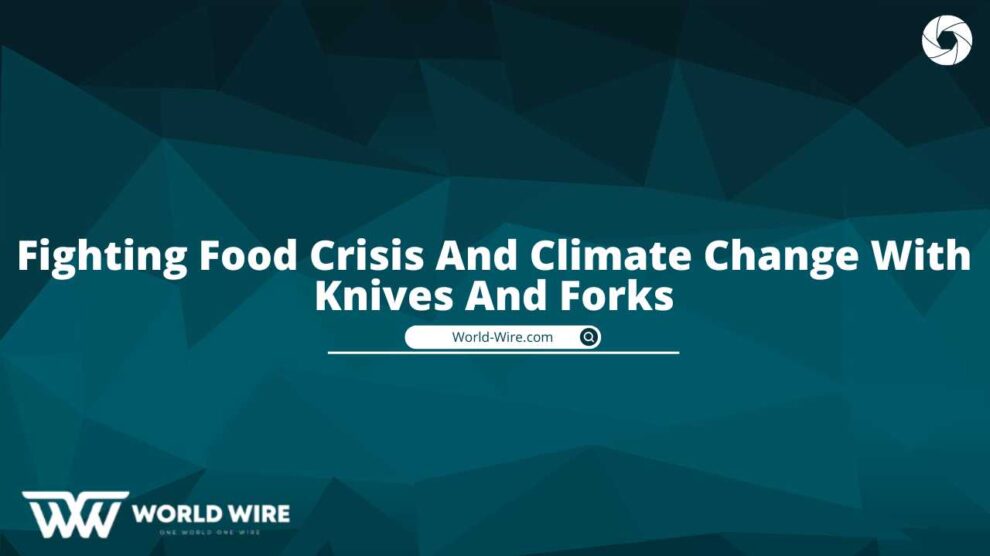For millions of people, doomsday has already arrived, despite skeptics’ doubts about scientists’ warnings about global warming.
During the last two years, basic food prices have soared to ominous levels, with wheat prices going up 130 percent in the past year. There have already been reports of food riots in Africa, the Middle East, South Asia, and Latin America due to skyrocketing food prices. In the US, the poor have already been affected by the rise in food prices. As a result of rising food prices, the World Bank has warned that 33 nations are at risk of social unrest. A number of developed economies, including Italy, have already seen violent food protests.
A rise in sea levels is predicted to cause the first wave of global warming disasters in the distant future. Increasing sea levels are bound to cause serious problems with our food supply long before they make their inevitable catastrophic impact. A global warming disaster’s first wave is a food crisis followed by social unrest. As a result of this “Silent Tsunami,” poor countries with low greenhouse gas emissions will suffer the most because they will have the least ability to adapt. But developed countries are not immune either. Scientists cannot predict what will happen next as the planet continues to warm much faster than previously predicted.
This urgent threat has been caused by a number of factors, according to the United Nations Food and Agriculture Organization: climate change has damaged agricultural production, meat consumption has increased (food crops have been diverted into livestock feed), biofuel production has increased, and energy costs have increased. Despite the arguments between politicians, it is possible for each of us to do something right now to prevent a worsening food crisis and curb climate change at the same time. You just have to stop eating meat. It’s so simple.
It has been estimated that meat consumption generates 18% of global greenhouse gas emissions, more than all forms of transportation combined, according to the 2006 United Nations report “Livestock’s Long Shadow.” Grain is used to feed livestock instead of humans, accounting for one third of the world’s grain production. There is no way to justify this. A 100 calorie piece of beef requires about 700 calories’ worth of grain. Forgoing meat helps feed many people who are starving. Choosing vegan for a year would save 1.5 tons of greenhouse gas emissions if meat consumption was cut by 20 percent. Going meat-free for a year would save 2.5 tons.
Humanity is connected to the rest of the world. It is important that everyone goes meatless in order to help curb the food crisis and global warming. The most effective way to address the issues is to do this. Our knives and forks are at our fingertips. With a few simple changes in our food choices, maybe we can save our lives.
We promote a noble and sustainable lifestyle to preserve our beautiful planet through the Supreme Master Ching Hai International Association (SMCHIA). In light of today’s ever-worsening global warming issues, SMCHIA provides a practical and spiritual approach.







Add Comment